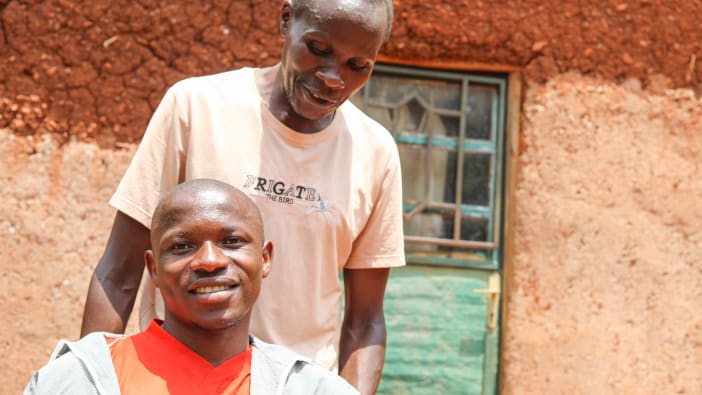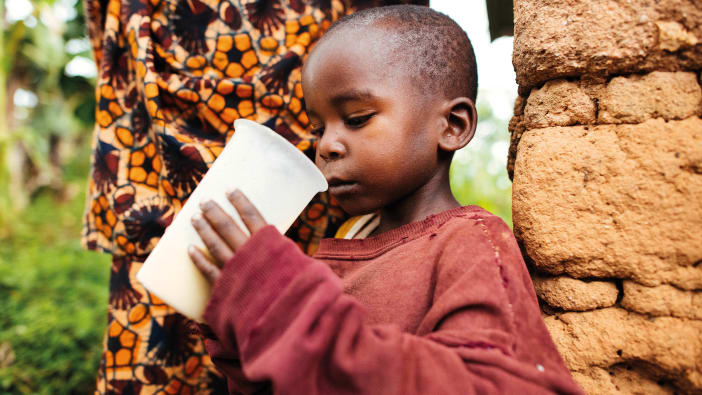Casa Filadélfia (CAF) is a Christian organisation in São Paulo, Brazil, that supports children, adolescents and families living with or affected by HIV. CAF projects are designed to reach out to people who are excluded from society, to help restore their self-esteem and equip them with the skills they need for the future.
In CAF’s refuge ‘Our Home’, children and young people living with HIV, many of whom have previously lived on the streets, become part of a new family. They are referred to CAF by local government, hospitals and other refuges. In Our Home their basic physical needs are met, such as food, clothing and accommodation, and they also find social and emotional support. Through this, they begin the process of returning to live within a family. Some return to their original families, while others are supported by a relative, such as a grandmother or an aunt, or adopted by a support family.
Families from local churches, volunteers and even families that are beneficiaries of other CAF projects, participate as support families. They look after the children during weekends and school holidays. This provides an opportunity for the children to make new friends and to be involved in a family situation again. Many support families decide to become adoptive families.
Returning to a family is not an easy process. It has to be based on love and acceptance. Children and young people living in refuges or on the streets have already experienced the loss of, or separation from, their parents. Many have memories of being neglected and some have known violence and abuse. Often it is hard for them to be open and to trust adults again. Those living with HIV also have to face health problems and deal with the physical and emotional side-effects of strong medication. Patience, understanding and encouragement is needed. It is important that there is good communication between the children, CAF’s team, local authorities and the families involved in the process. The feelings and views of the children should be listened to. The process takes a lot of time and perseverance, and there is much to learn.
Ieda Maria Siebra Bochio is General Coordinator of Casa Filadélfia. Email: [email protected]
Case study
Some children have disabilities or learning problems which make the process more difficult. ‘W’ is eight years old and arrived from another refuge two years ago. His speech difficulties are partly caused by emotional stress due to the separation from his mother when he was very young and also due to mistreatment at the other refuge. At first, he could not communicate properly, so it was hard for him to make friends and to enjoy games with other children at CAF. He often felt sad and lonely. A family from a local church heard about his situation and invited him to stay with them for a weekend. Even though it was hard for them to understand him, they kept encouraging him, talking to him, and gave him lots of attention. Over time this relationship and support raised ‘W’s’ confidence and self-esteem, which enabled him to socialise better with the other children.
Case study
Sebastiana is living with HIV. She is 44 years old and has a large family, with 16 people living in the same house. She had no means to earn a living to support her family until she started attending a CAF workshop, where she learned how to sew patchwork. She became very skilled and started selling her products. She also started helping at the workshop, teaching other women what she had already learnt. The children’s refuge is in the same building as where the workshops are held, and one day Sebastiana met ‘J’, a 13 year old boy from Our Home project. She noticed that he was crying and was very upset, so she started talking to him and they became friends.
Although she is very busy and has a big family to support, she volunteered to become his support family. In her house, ‘J’ likes to help her in the kitchen and to play with Sebastiana’s children. Her house is very simple, and Sebastiana does not have much money, but she cares for ‘J’ and for his future and is prepared to provide for him, not just food, but love and care, just as she does for her natural children and grandchildren. ‘J’ now feels he is part of the family.








